By Lily Frohlich (UC Santa Cruz)
When I was in my early teens and entering high school, I wrote a letter to my college-bound self. It opened with the line, “Dear Lily, I hope that as you are reading this, you are on a plane headed to Canada.”
Growing up as a dual citizen, I have always wondered about what it could be like to live north of the United States border, where half of my extended family resides. My desire to move North was something I had always carried with me, despite having little reason beyond a gut feeling.
When I signed up to spend a quarter of my undergraduate experience abroad, I had didn’t quite know what to expect. I received blank stares when I told my friends that I would be studying in Montreal, not across the Atlantic like most people I knew who were participating in an exchange.
Why,” they asked, “would you subject yourself to a brutal winter when you can see the Pacific Ocean from your home campus?
My desire to study in Montreal was deep rooted, and it often felt too sentimental to explain. Here’s how I completed that letter to myself, written from Montreal.
A Dream Takes Flight
Once, when I was fifteen years old, I had a vivid dream of roller skating down the streets of Montreal.
The study abroad program I selected was labeled “for the independent adventurer,” but I barely paid attention to what that may imply. All I knew was I was following a childhood dream to make use of my Canadian passport and travel North.
In my first month of exchange, while riding my bicycle through the city, I had an intense feeling of that dream moment being actualized. While I was on a bike instead of roller skates, the feeling of gliding down the pavement brought me back to that dream. At that moment, it felt as though I had given a gift to my younger self.
That moment paints a romantic picture of my year abroad, but the reality of my experience was far from it.
Reality Check: The Independent Adventurer
I soon learned that the UCEAP label “for the independent adventurer” means that there is not necessarily a specific cohort of exchange students. Rather you attend the university alongside students who are enrolled at your host institution. It also meant that I received only loose guidance about where to find housing, and I ended up beginning my year in a neighborhood far from campus and student life.
I spent the first semester of my program living in a neighborhood largely isolated from most students. The few students I met lived up to the Canadian stereotype of being extremely friendly and always welcoming. Despite their warmth, I struggled to transition classroom small talk to a genuine connection.
I was also struggling with being away from any sort of queer community. Montreal has a neighborhood called “The Village” or “The Gay Village”, but I was too timid to explore it alone. It felt like a part of my identity was hiding, even in a country known for being inclusive.
Much of that fall semester abroad was a confusing juxtaposition; I was spending my days marveling at the beauty of the changing seasons on the mountain that rests in the center of the city, and yet I was painfully lonely.
College can be a time of almost overwhelming social saturation. I was used to constant run-ins with acquaintances and impromptu dinner plans. Suddenly, I found myself spending most of my time alone. I felt frustrated. I sometimes wondered if I could handle spending the rest of my year there.
Finding My Way (or “Breaking Through Winter’s Icy Shell”)
I knew that if I were to spend the rest of my year in Montreal something needed to change. I was not altogether without friends, but I had only vague semblances of connection with the people I had met.
Going against my desire for safety, I started reaching out to the people I met, even though I would have usually waited for them to initiate contact with me.
I slowly started collecting the strands of connection and weaving them into a web of tentative friendships. I pushed through the fears that I would be rejected, and I was actually welcomed. People I may have never connected with in another circumstance became cherished relationships. Friendly conversations at house parties turned into weekly brunch adventures. I had always been told that to have a friend, you have to be a friend, and for the first time, I realized that this did not only apply to long-standing relationships. It was true in the first stages of a friendship as well.
After my first semester, I moved into an apartment closer to campus. I subleased a room from a friend I had met in the first semester who was embarking on his own study abroad adventure, and would be sharing the apartment with his two roommates. My new housemates, mere acquaintances when I first moved in, became some of my closest friends.
A New Kind of Community
I look back on the winter months I spent in that apartment with tender nostalgia. They felt so different from any other time in my life; I can still picture that little apartment as if in a snow globe. While the Canadian winter powered on outside, our world existed indoors, kept warm by new friendships and robust heating systems.
While I did not find the kind of queer community that I have in Santa Cruz, I found a new kind of community and sometimes we would brave the snow for various adventures.
Beyond our trips to and from campus and the grocery store, we ventured out for weekend ski trips, slushy evenings at Igloofest (which calls itself the coldest music festival in the world), and occasional outings into Montreal’s nightlife. We trekked to The Village, where we explored triple-decker clubs full of people in imaginative outfits. The differences between us only made the stories we exchanged more entertaining.
Dear Lily, You Did It!
After weeks of tentative spring, the Canadian winter gave one final announcement – do not forget me! It snowed during final exams and the stormy weather reflected my struggle with my impending flight home. On one hand I was elated to see the friends and family back in California, and on the other, I was devastated to be closing this chapter of my life.
I learned so much about myself through my year abroad. I was proud of how I pushed myself to meet new people and make myself vulnerable in new situations. I counted down my last walks through the city until there were none left. As I stuffed my winter jackets into suitcases and braced myself for the final goodbyes, the primary emotion I experienced was gratitude. I had embarked on an adventure that I had dreamed of since adolescence. At times, I struggled to remember why I had wanted to surrender the comfort of my life in Santa Cruz, but by the end of the year, I had built a life so fulfilling that I did not want to leave.
I helped the friends who left before me with their move out, and others did the same for me. I found such kindness in these new friends, a warmth that I wanted to adopt and pass along to new people I had met. All of these people already had friendships and communities established, and yet they welcomed me without hesitation.
I started to tear up on the way home, just as the plane was reaching altitude and Montreal was covered in a blanket of clouds. My tears were a mixture of joy and sadness – everything I was saying goodbye to and everything I was taking back with me. Besides a suitcase of maple syrup and Saint Viateur bagels, I had a newfound confidence in who I was.
I thought back to my younger self, the version of me that had written that letter, and said to myself, ‘Dear Lily, you did it!’
Check out these additional stories of how students have challenged themselves and discovered intangible benefits while studying abroad:
- UCEAP alums agree that when it comes to study abroad – more (longer) is better. See why studying abroad for a year changes everything.
- See how strangers become a community while you’re studying abroad, no matter where you go.
- Don’t be afraid to take a study abroad program on your own – you won’t be alone for long.
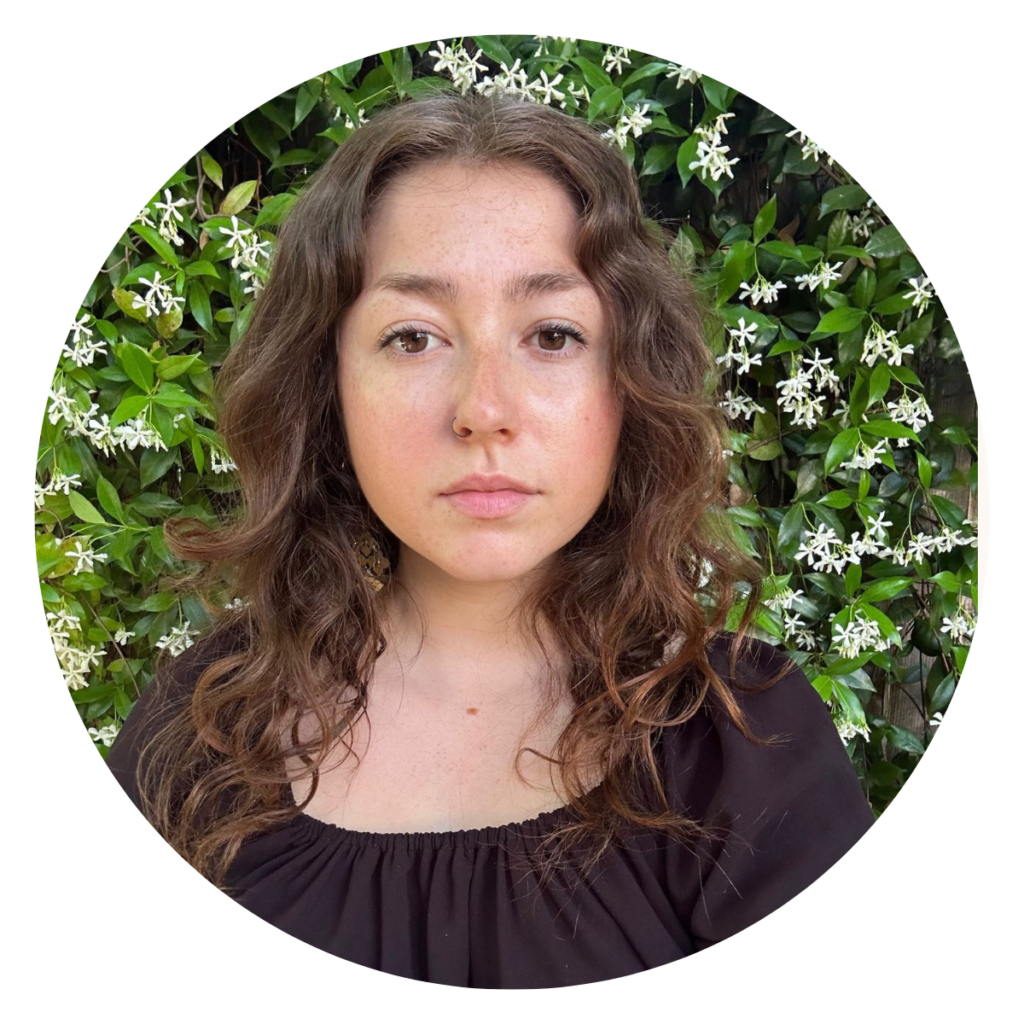

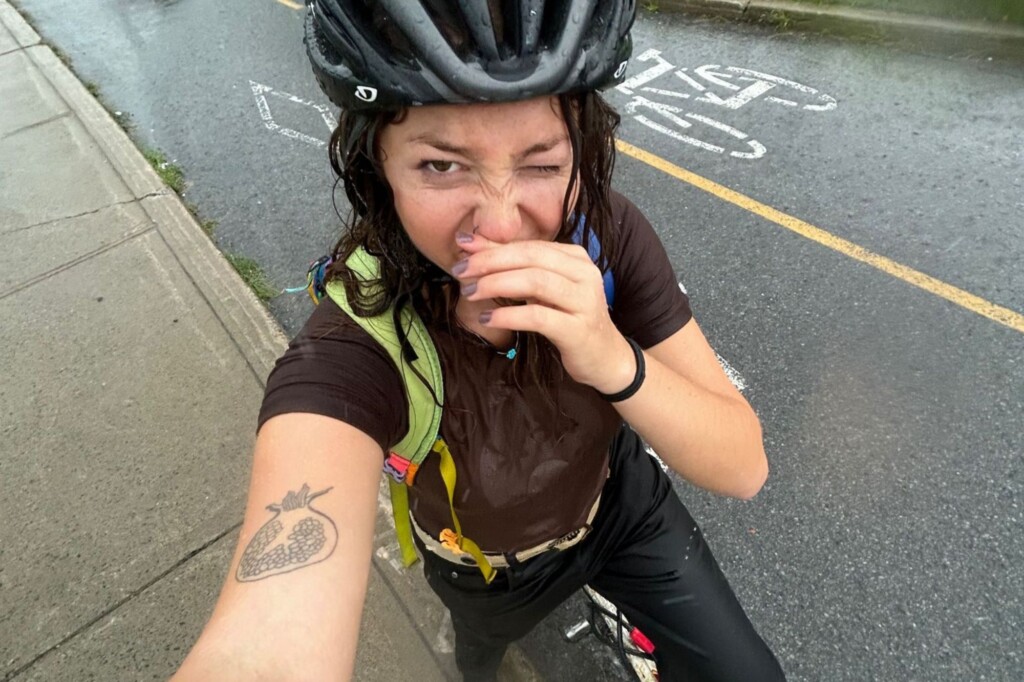
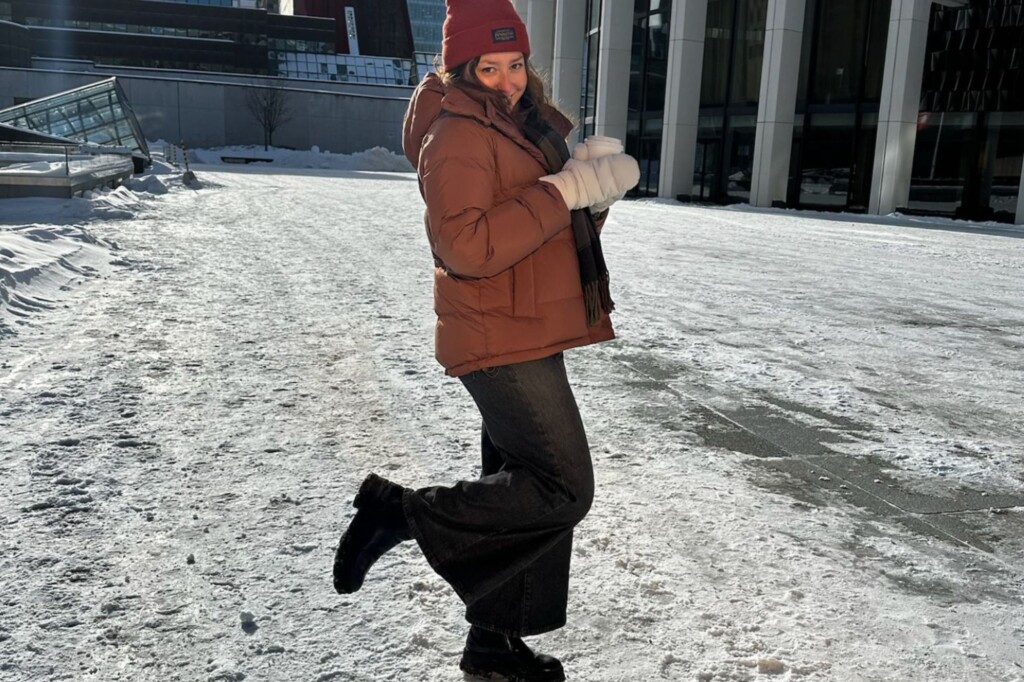
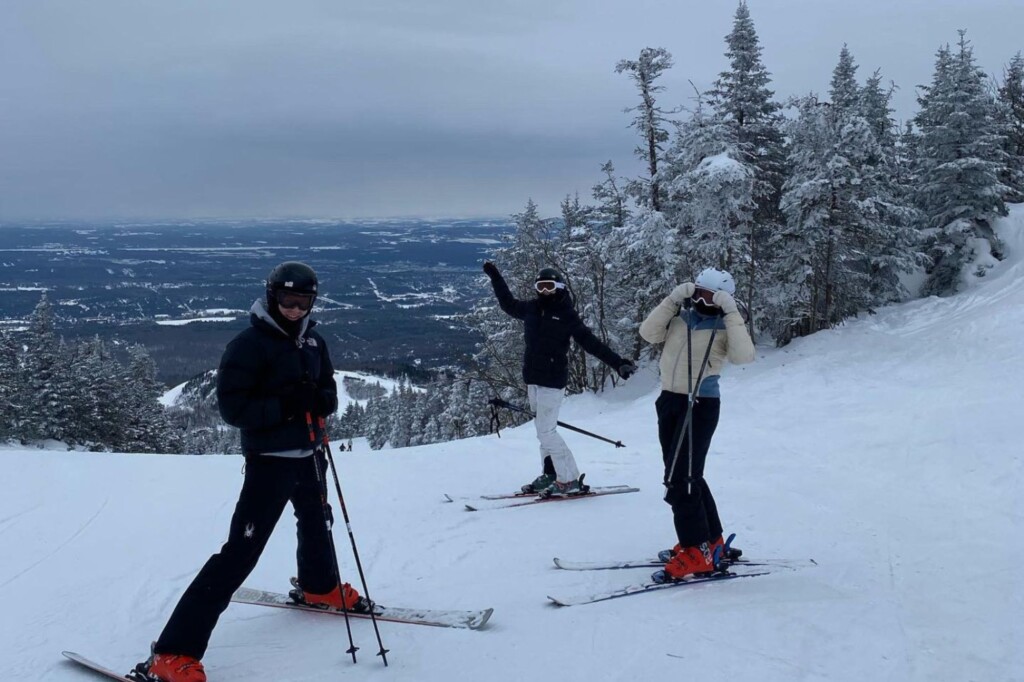
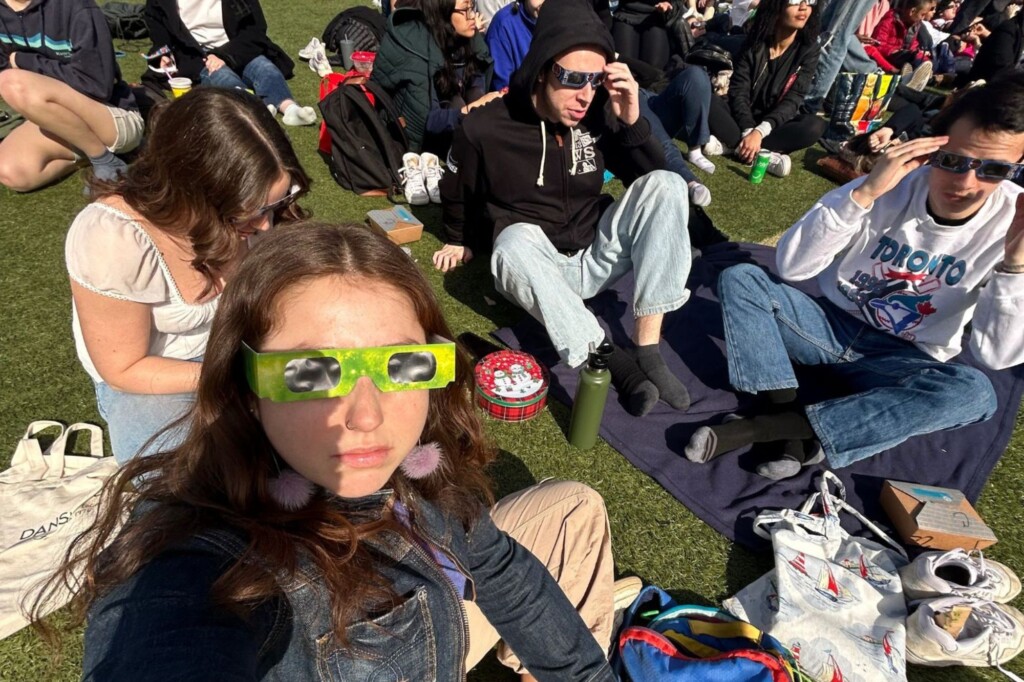
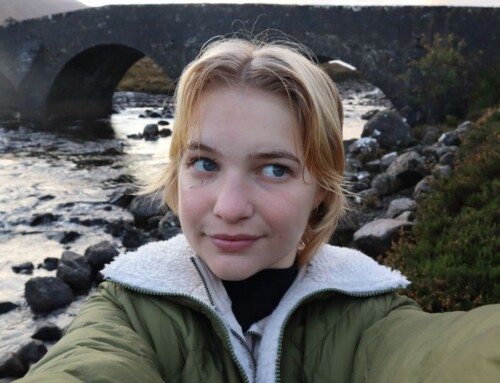

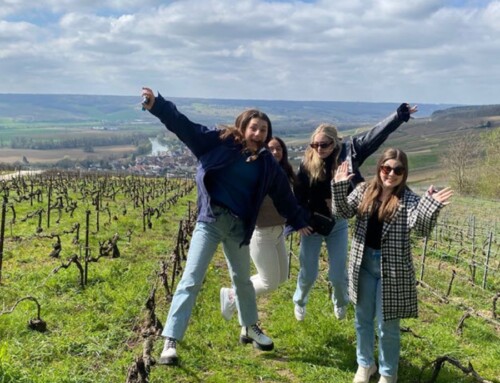

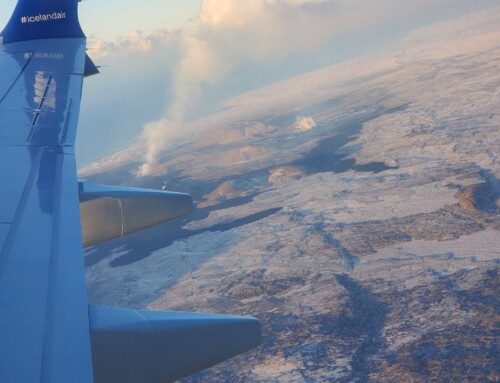
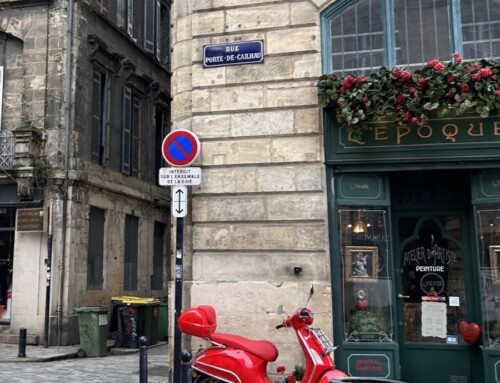
Leave A Comment